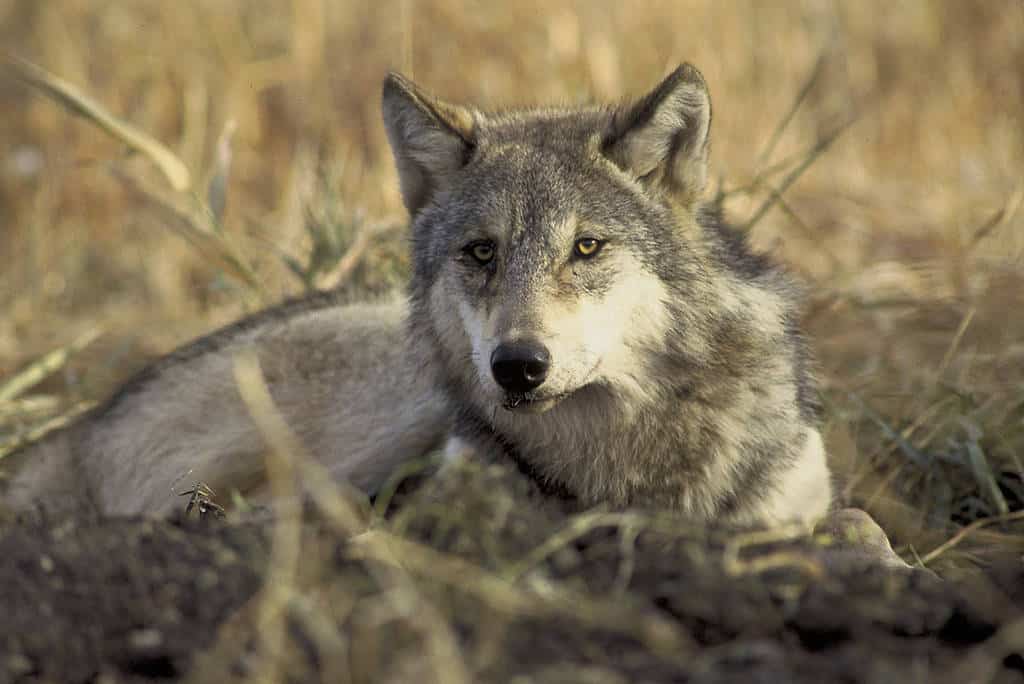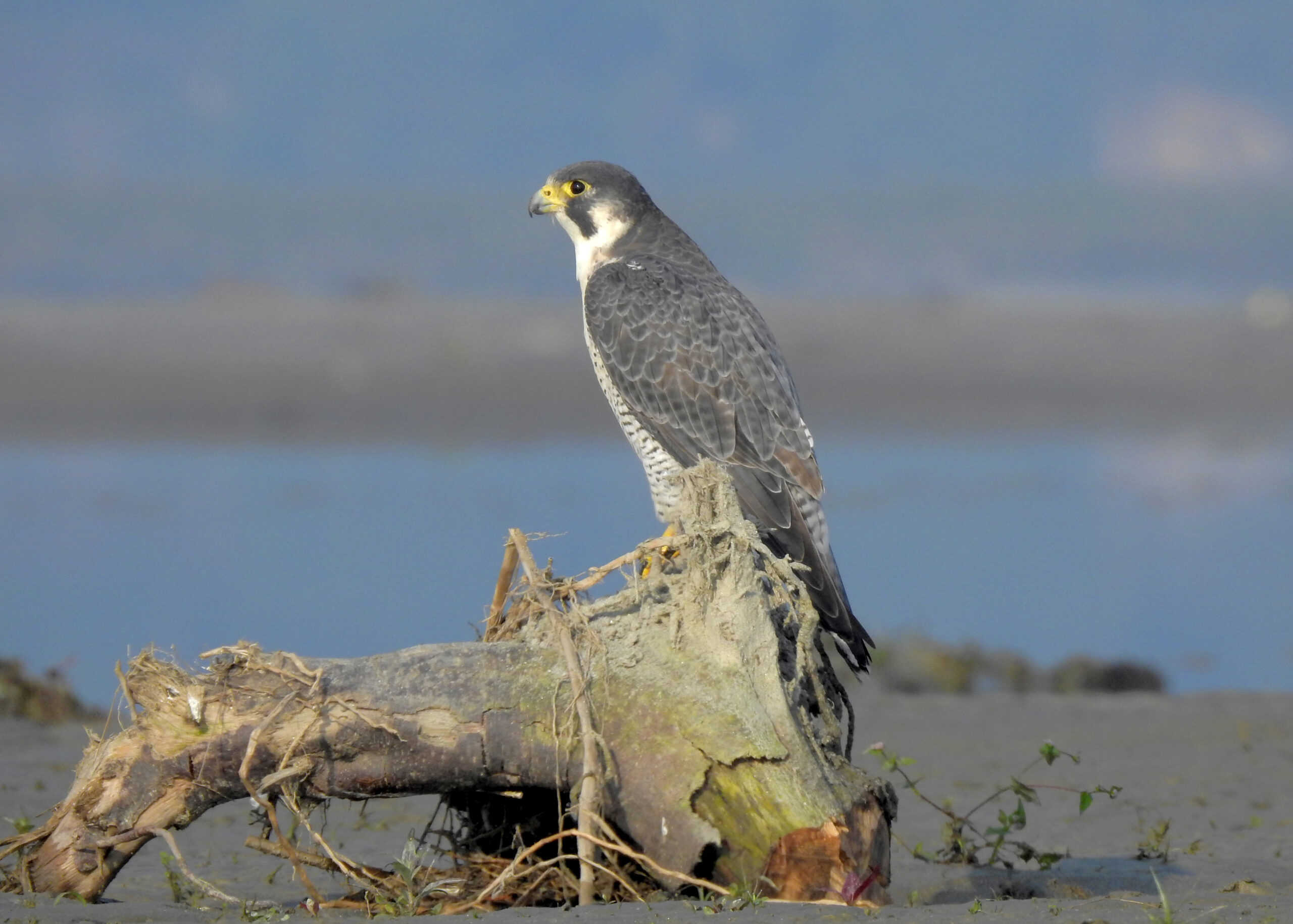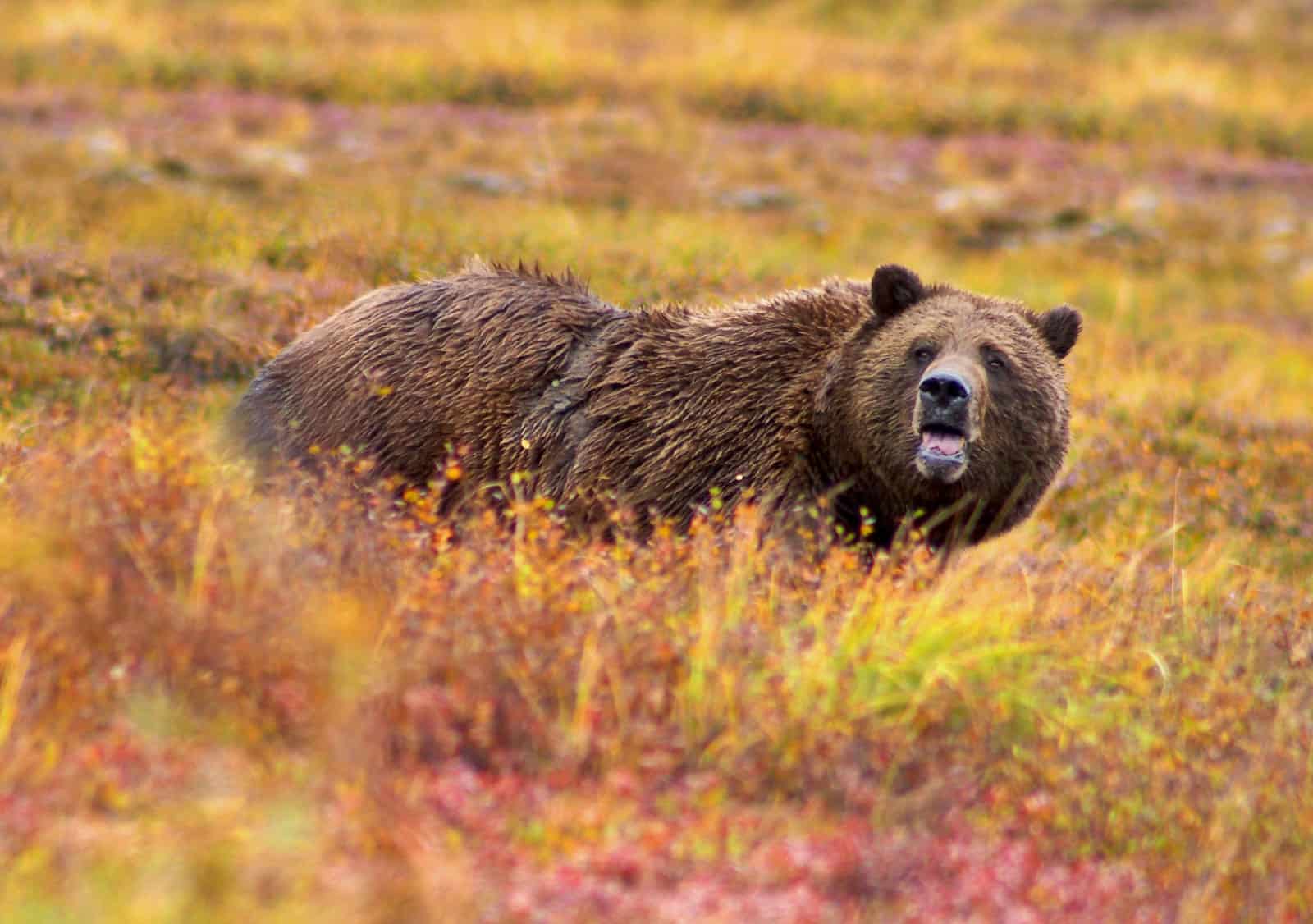Share this article
TWS engages in wildlife refuge briefing
The Wildlife Society and others hosted a briefing Sept. 27 showing their support of funding for the National Wildlife Refuge System.
During the “Supporting the National Wildlife Refuge System,” briefing, which was in partnership with the Congressional Wildlife Refuge Caucus, TWS and other members of the Cooperative Alliance for Refuge Enhancement (CARE) informed legislators of the importance of refuges to wildlife and the American public as well as the challenges that result from inadequate funding of refuge system projects. Panelists from federal, tribal and nongovernmental organizations provided members of Congress and their staff with an overview of the refuge system, community conservation efforts, and the importance of adequate funding.
Brookings Legislative Fellow Craig Kiley, a member of Representative Mike Thompson’s (Calif.) staff, opened the panel by describing the Wildlife Refuge Caucus’ role in educating congress on the needs of the National Wildlife Refuge System, calling attention to the Refuge System Protection Act (H.R. 4780). The bipartisan bill, introduced by co-chairs of the caucus, Reps. Thompson and Rob Wittman, would grant the U.S. Fish and Wildlife Service authority to collect civil damages from responsible parties in order to repair damaged wildlife refuges. Under current law, the USFWS is unable to recover the cost of damages by third parties to restore refuges.
National Wildlife Refuge System Chief Cynthia Martinez provided attendees with an overview of the Refuge System, discussing the program’s wildlife conservation focus and the funding needed to support it. Chief Martinez also provided attendees with an overview of how the USFWS is enacting provisions of recently passed laws like the Inflation Reduction Act and the Bipartisan Infrastructure Law.
A fact sheet sent to attendees by the National Wildlife Refuge Association expanded on funding needs, highlighting that despite a 34% increase in visitation and the addition of 14 new refugees since 2010, staffing levels have been in constant decline.
Other panelists spoke about the importance of connecting with the local community surrounding each refuge. Refuge manager Lamar Gore highlighted work at John Heinz NWR at Tinicum, located outside Philadelphia, to better understand and support the community. His presentation featured information on the Philly Nature Kids program, which provides environmental education to historically underserved neighborhoods. Hoku Cody, a marine biologist, and partner to Kilauea Point National Wildlife Refuge also spoke to this need in her overview of Na Kia’i Nihoku, a community stewardship program they co-founded to engage local natives in seabird conservation.
Dan Wrinn, national director of government affairs at Ducks Unlimited, further expanded on the value of the Refuge System in providing stakeholder engagement opportunities, stressing that without wildlife refuges giving communities ease of access to their lands, waterfowl stewardship activities that support wetland conservation would not exist.
Other speakers included Caroline Murphy, government relations manager at The Wildlife Society, and Libby Marking, director of government affairs and public policy at the National Wildlife Refuge Association.
The Wildlife Society continues to work on increased funding and support for the National Wildlife Refuge System in its engagement with CARE. More information on the needs of the Refuge System can be found in The Wildlife Society’s Action Center.







